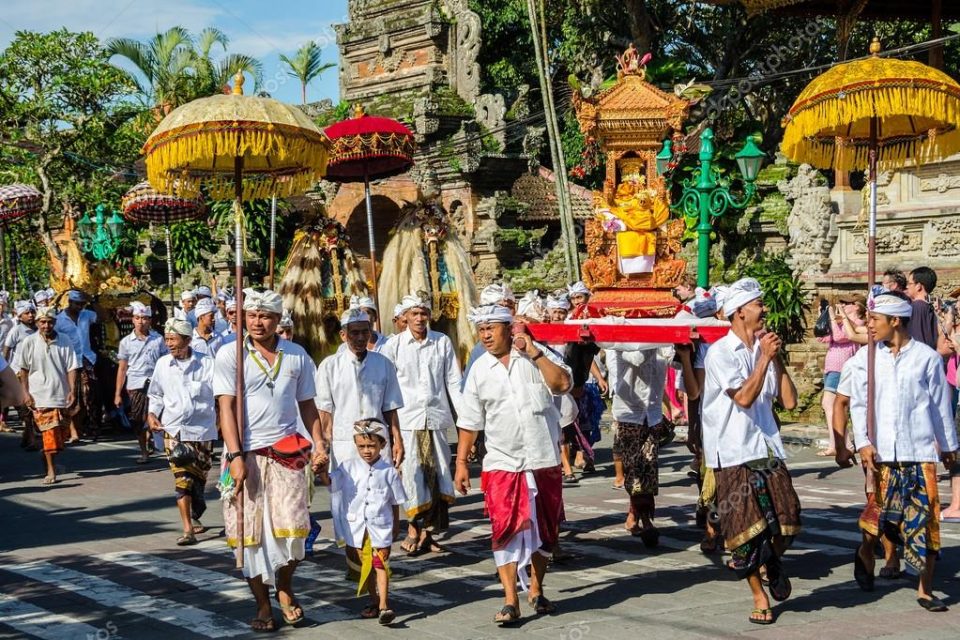The Christmas and New Year holiday period is approaching.
It’s time to deactivate the morning alarm and enjoy a few lie-ins. If you’ve lived in Indonesia all year, that lazy whoopie-no work feeling won’t be unfamiliar. This country has rather a lot of public holidays, or red days (tanggal merah) – around 14 – compared to the United Kingdom’s paltry eight.
While in most countries a public holiday occurs now and again, like a bull’s-eye in a game of darts, it isn’t unusual in Indonesia for two holidays or more to occur in a single week. I recall more than once having both Tuesday and Thursday off. Emotionally, they were rollercoaster weeks, with two back-to-work depressions, and three tomorrow’s-a-holiday elations.
Indonesians’ enthusiasm for days off can be seen in Cuti Bersama, or collective leave. These extra holidays are supposed to stimulate tourism in the country and increase the efficiency of civil servants. They also serve as fillers, or Hari Kejepit Nasional (squeezed in days-off), enabling major religious holidays to span the entire week. If Tuesday is a holiday in Indonesia, nobody’s going to be going to work on Monday. Here is a roundup of some Indonesian public holidays.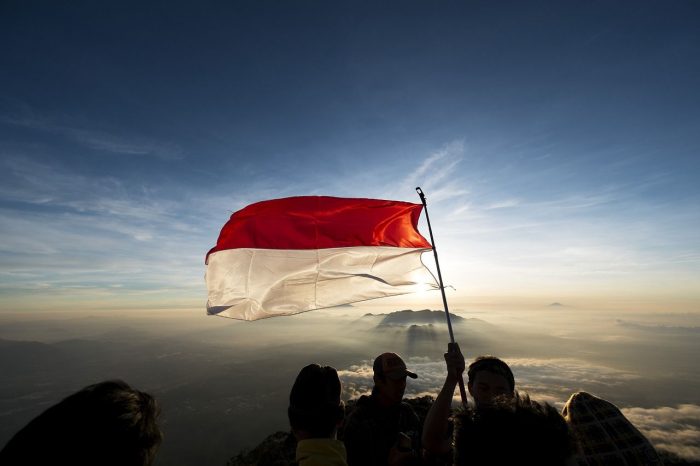
The happiest holiday is Independence Day, which falls on August 17. This is when the nation celebrates getting rid of the Dutch, who remain only in the form of a Javanese railway network, a few old colonial buildings, and a set of laws that to this day legislators are still trying to replace.
Closed-off streets abound on Hari Merdeka, where community-spirited folk engage in energetic fun and games, most of it in the style of a zero-budget version of the 70s British TV show “It’s a Knockout.” If cheering on half-naked young men climbing up greasy poles to snatch prizes donated by the local Indomaret is your thing, then get yourself a front-row seat. Races are popular too, with running lanes painted on the road surfaces.
A new and unique holiday is Pancasila Day on June 1. This holiday was established by President Joko Widodo in 2016, drawing attention to Indonesia’s state ideology and its five principles, including belief in one God and social justice. Indonesia’s national motto is Bhinneka Tunggal Ika, which translates to Unity in Diversity. I prefer the looser translation, “There are many, they are one,” but only because it sounds like something Star Trek’s Mr. Spock would say.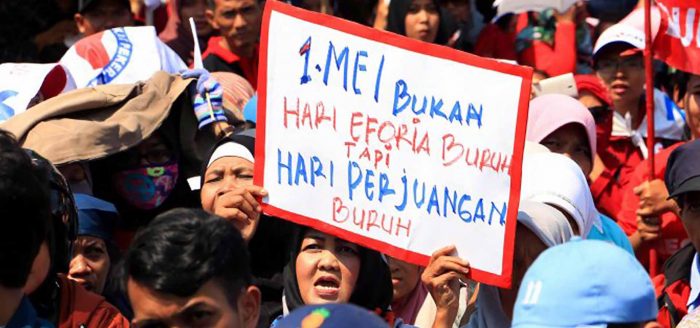
The grimmest holiday is Labour Day, on May 1, when Indonesia joins the rest of the world in celebrating the achievement of workers. In Jakarta, it is usually marked by rallies protesting current concerns and injustices. “Power to the people” spills onto the streets, making the city a maze to negotiate – things can turn ugly.
Some of Indonesia’s religious holidays are not fixed. The first day of Ramadan, for instance, is based on the crescent moon’s position on the horizon. The Religious Affairs Ministry uses old-fashioned observation to determine the moon’s position, while the Islamic group Muhammadiyah uses a mathematical calculation. This has led to the two organisations disagreeing about which day Muslims should start fasting.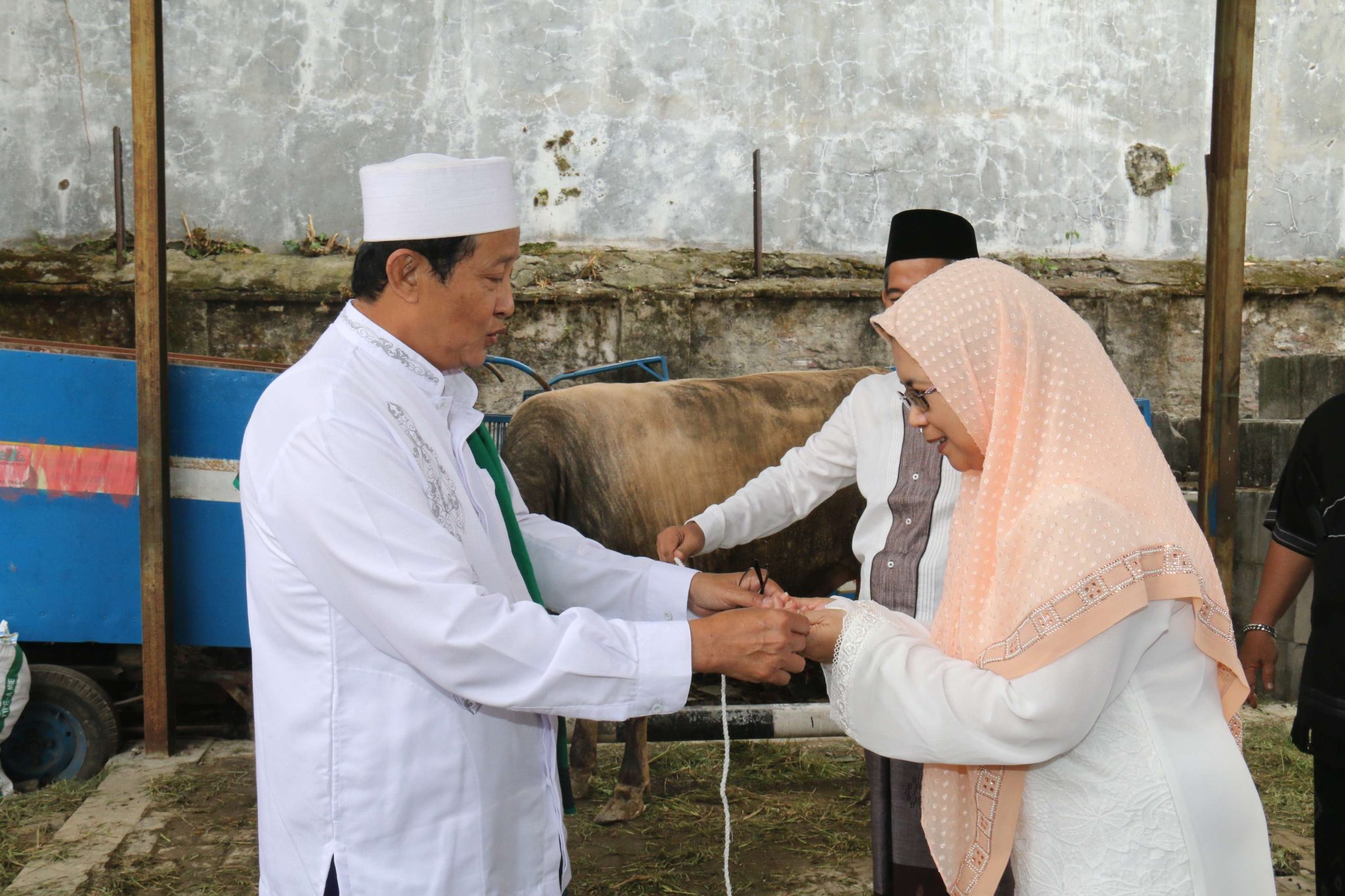
Likewise, the exact date of the bloodiest holiday, Eid al-Adha, which fell on July 30, 2019, usually moves around 11 days earlier each year and depends on where the moon is at the start of each Islamic calendar month, known as Dhu’l-Hijjah. This is the day when Jakarta turns into one giant slaughterhouse. This Islamic Festival of the Sacrifice honours the willingness of Ibrahim to kill his son in an act of obedience to God. This is bad news for the country’s goats and cattle, which are ritually slaughtered on the streets outside the city’s mosques. Stay indoors during Eid al-Adha if you faint at the sight of blood, or you feel queasy at the smell of spilt animal guts all over the place.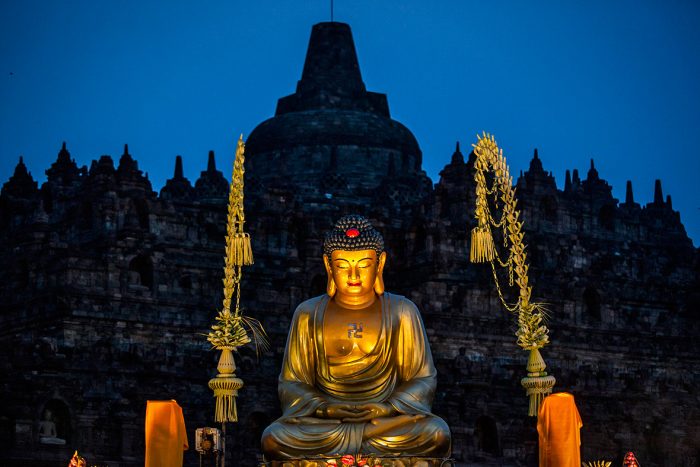
Vesak, on May 7, is another moon-based celebration and marks the birth, enlightenment, and death of Gautama Buddha. It’s a day-off the reason for which isn’t obvious unless you live near a Buddhist temple. Elsewhere it just seems quieter than usual. But then there aren’t many saffron-robed monks in Jakarta to indicate the day’s importance. It’s different in a Buddhist country like, say, Cambodia, which has a whopping 28 public holidays each year, the most intriguing being Royal Ploughing Day.
The quietest holiday is Bali’s Nyepi on March 25, when Hindus pause for self-reflection and pray for the purification of humanity. This Day of Silence must be observed by all. The streets are off-limits. Rowdy tourists are confined to their hotel bars and swimming pools, which shouldn’t inconvenience them greatly. Usually bustling areas like Kuta become silenced and even the airport is closed. The island breathes easily for a time.
Chinese New Year, on January 25, is one of three new years that Indonesia celebrates. Get yourself down to Chinatown in the north of the city to enjoy this vibrant occasion, with its decorative lanterns, dragons, and banners. The freedom to celebrate Chinese New Year openly is relatively new. During President Suharto’s rule, the country’s ethnic Chinese population suffered widespread discrimination, including a ban on Chinese literature and characters. Only after 1998, when the Asian financial crisis triggered a violent backlash against Chinese Indonesians, did new regulations begin to improve things.
Traditional New Year is celebrated in much the same high-spirited fashion as it is throughout the rest of the world, with public fireworks displays and street parties. Jakarta turns inside out over New Year, with houses emptied and everybody out on the streets making a din, usually by blowing party horns and banging drums.
People throwing firecrackers, in the UK called bangers (as are British sausages but you shouldn’t under any circumstances mix the two up), used to be a big problem. Walking a street near midnight wasn’t possible without coming under fire from an army of children wanting to see how high you could jump when startled, or how entertainingly you could dance when carpet-bombed by these loud explosive fireworks. Regulations against this kind of hijinks are now better enforced, and New Year is happier for it.




